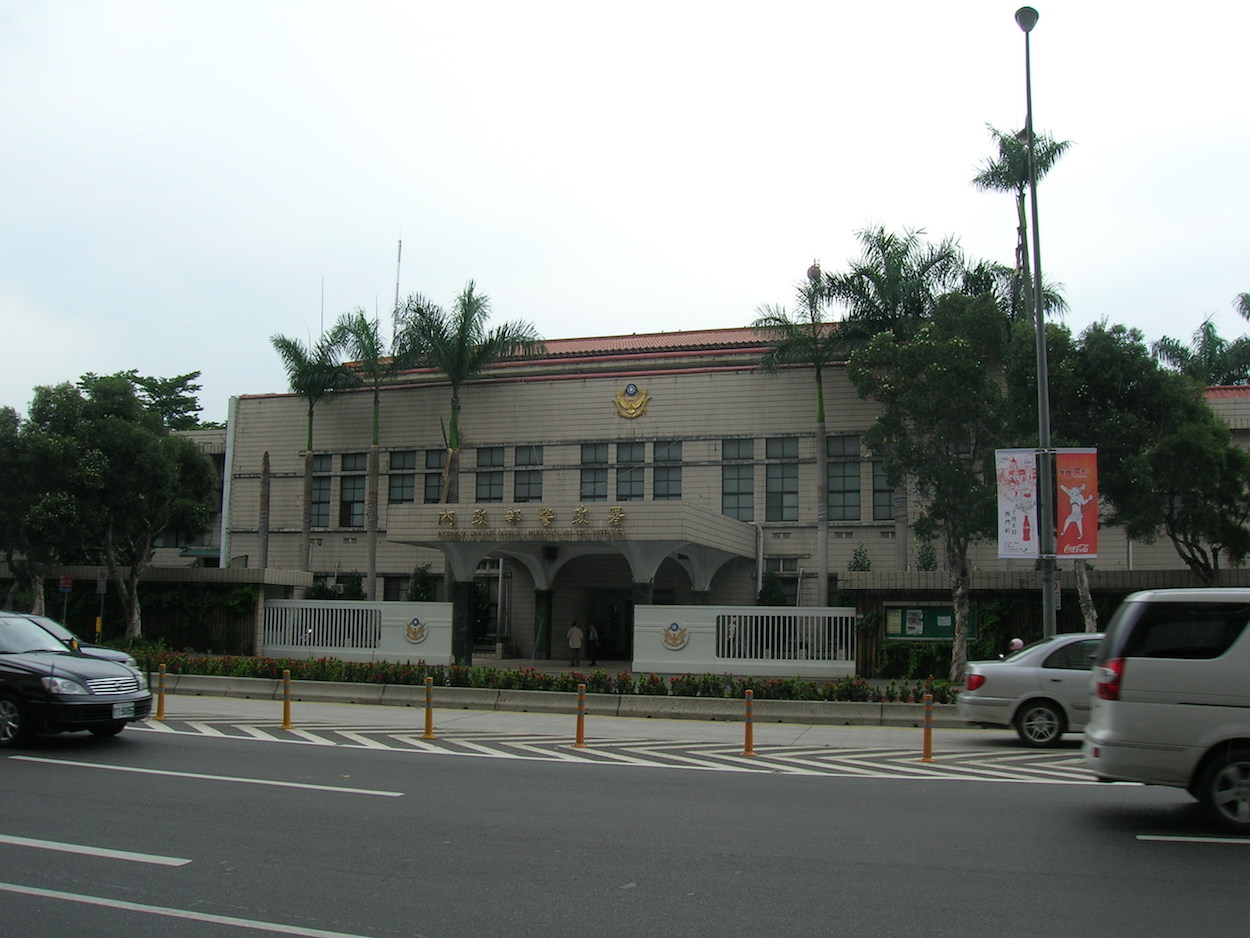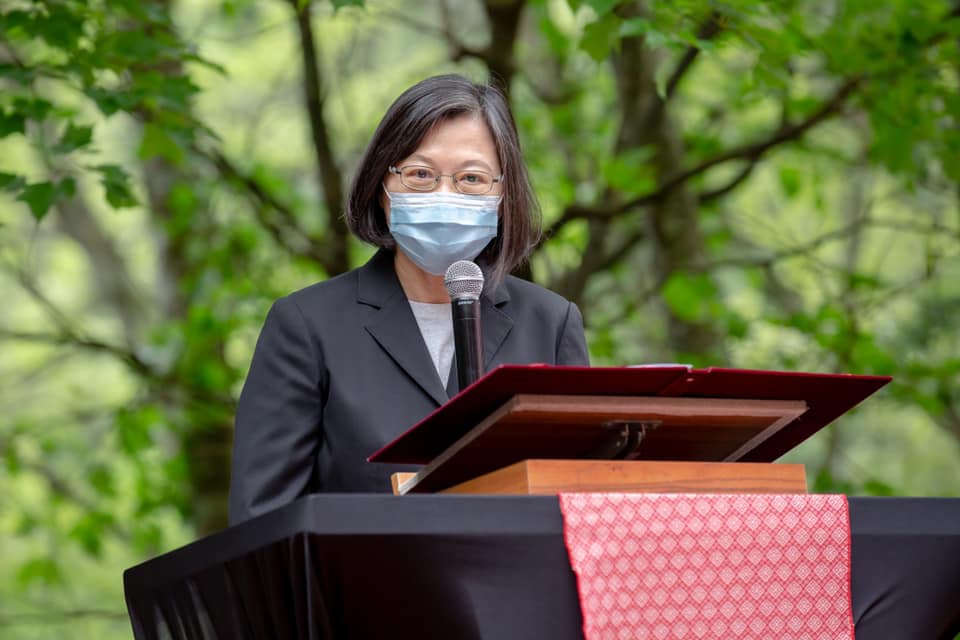by Brian Hioe
語言:
English
Photo Credit: Public Domain
A NUMBER of recent incidents over the last month have highlighted wrongdoing by members of the Taiwanese police. This includes not only the disproportionate use of violence, but several instances of possible implication in gang activity. Issues of police misbehavior are routinely scrutinized in Taiwan, given Taiwan’s authoritarian past.
In the first incident, on April 22nd, a woman living in Taoyuan was body-slammed to the ground and detained for nine hours by police after refusing to produce identification and calling the police officer “stupid.” In particular, the woman did not take kindly to be randomly asked to produce identification by police, and was later arrested on charges of obstructing a public official, though the woman alleges that police infringed upon her personal freedom.
 The National Police Agency. Photo credit: 大摩 Bigmorr/WikiCommons/CC
The National Police Agency. Photo credit: 大摩 Bigmorr/WikiCommons/CC
Police seem to have been looking for a migrant worker that had left the place of their employment at the time and responded with disproportionate violence against the woman because they assumed her to be a non-Taiwanese migrant worker. Later on, police justified their actions with the claim that they responded with force because the incident took place in a “high-crime” area.
But while the case has primarily been discussed in terms of police overstepping their authority, the case should also serve to remind of incidents of disproportionate police violence against migrant workers. In 2017, Vietnamese migrant worker Nguyen Quoc Phi was shot nine times and killed by police, who claimed that Nguyen was trying to break into a car and that he attacked them with rocks. However, Nguyen’s family later cast doubt on claims by police, seeing as Nguyen could not drive, and, either way, police reacted with overwhelming force to merely being attacked with rocks. Police were further accused of not performing CPR on Nguyen after he was shot and leaving him to bleed out.
A week prior, on April 16th in Taipei, a group of men wearing black invaded the Zhonglun police station and began destroying property, while chasing a police officer they had gotten into an argument with who was returning to the station. The group later claimed that they had also been drinking and did not know that the man they were arguing with, who had also been drinking, was a police officer—and so they rushed into the police station thinking that he was trying to evade them by going to the police.
The true causes for the incident are unknown, but some suspect that the incident took place due to gang activity, or links between the police station and local gangs. Security camera footage from with incident went missing because it was allegedly deleted by the station supervisor, before being later recovered. Though it was claimed that this was an accident, some believe that this was due to a cover-up.
In a similarly murky incident, on Monday, a group of five men wearing black released over one thousand cockroaches in a Taipei restaurant during a banquet organized by police. The police chiefs of Taipei and New Taipei were both present at the banquet, which was attended by over 700 people.
The five men were later detained. It is believed that the incident took place because the owner of the restaurant owed money to the Bamboo Union gang, though it is unclear whether the incident was deliberately timed to take place at the same time as the police banquet. Some speculate that the incident may, too, reflect ties between police and gangs.
Otherwise, recent crime incidents have led to scrutiny on the DPP for links to criminal elements. Chao Chieh-yu, the son of the DPP’s Taipei chapter party convenor, was recently expelled from the party after his arrest on charges of racketeering, drug trafficking, assault, and kidnapping. Chao’s father, Chao Ying-kuang, and aunt, Chao Hsin-yu, are the review committee convener and executive officer of the DPP’s Taipei chapter and have since resigned.
 President Tsai Ing-wen. Photo credit: Tsai Ing-wen/Facebook
President Tsai Ing-wen. Photo credit: Tsai Ing-wen/Facebook
The incident led President Tsai Ing-wen to convene a meeting calling on the DPP to clean up its act, while the KMT used the incident to criticize the DPP for hypocrisy. It is more commonly KMT politicians that make the news for corruption, but as with during the Chen Shui-bian presidency, the DPP sees increasing corruption scandals during periods in which it holds political power. As a result, the DPP has been called on to strengthen party regulations in order to prevent organized crime elements from joining the party.
But that being said, with the DPP in power, one notes that this has led to an increasing number of political families growing in influence within the party, such as the Chao family. This could perhaps contribute to not only issues regarding corruption, but also nepotism within the party in the future. That should not surprise, as a means by which the party has accommodated itself to political power and drifted from its movement party roots.

